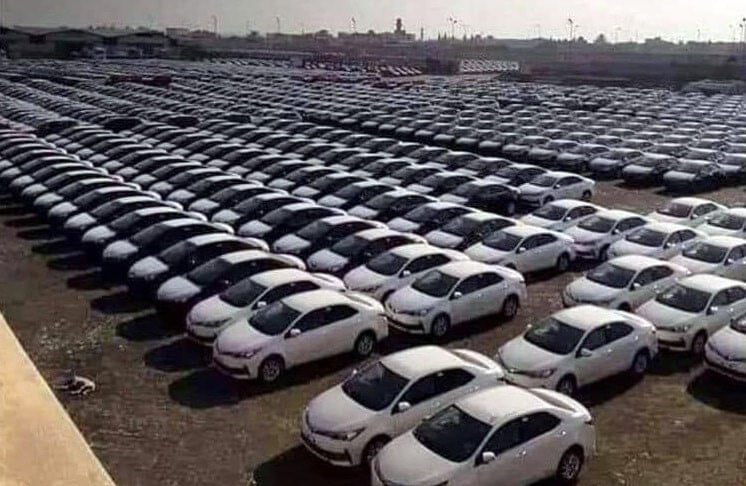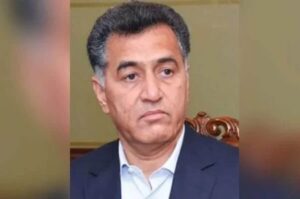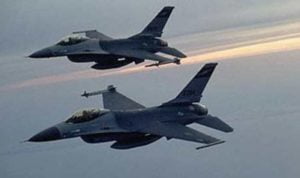Tariff Board okays commercial import of used vehicles
2 min read
ISLAMABAD: The International Monetary Fund (IMF) requested that the Tariff Policy Board (TPB), led by Commerce Minister Jam Kamal Khan, approve the commercial import of five-year-old used vehicles with an additional 40 percent duty.
Despite strong opposition from the local industry, the Board approved this move. Industry representatives warn that the used car business falls under FATF’s radar for money laundering (ML) and anti-terrorism financing (ATF) risks. Commerce Ministry sources told Business Recorder about these concerns.
The TPB includes members from the Ministries of Commerce, Industries and Production, Finance Division, and the Federal Board of Revenue. They held two meetings to discuss the issue of importing five-year-old used cars.
An official said, “TPB approved the proposal for commercial import of five-year-old used vehicles. The summary will go to the Economic Coordination Committee (ECC) this week for final approval.”
Gradual Tariff Reduction and Removal of Restrictions
Under the IMF agreement, Pakistan must reduce tariffs—ARD on commercially imported used vehicles—by 10 percent annually. The reduction starts at 40 percent in fiscal year 2025-26.
Pakistan also agreed to remove all quantitative restrictions on commercial imports of used vehicles during the first quarter of fiscal year 2026, according to the Extended Fund Facility (EFF). Initially, this applies only to vehicles less than five years old that meet environmental and safety standards. The age limit will be removed starting July 2026, sources said.
The TPB finalized a proposal for ECC stating that used vehicles under PCT 8703 cannot be older than five years until June 30, 2026. After that date, the age limit will end. Commercial imports must also meet environmental and safety standards set by the Ministry of Industries and Production or related departments.
Industry’s Concerns Over De-industrialization
The country’s auto industry submitted several proposals to regulate used car imports. Using deep industry knowledge and global policies, they strongly oppose tariff cuts and opening the commercial used car market.
The industry claims, “Our voice is ignored. Steps to de-industrialize this key engineering and manufacturing sector are accelerating.” They added that Pakistan’s auto sector includes 13 global brands such as Toyota, Honda, Suzuki, and Hyundai. The sector supports 1,200 auto parts makers and provides 1.5 million jobs. It attracts about US$5 billion in investments for tooling, facilities, and technology transfer. Pakistan is one of only 16 countries globally (out of 197) that manufactures all four vehicle segments: cars, trucks, buses, tractors, and motorcycles. This is despite low and irregular sales volumes.




